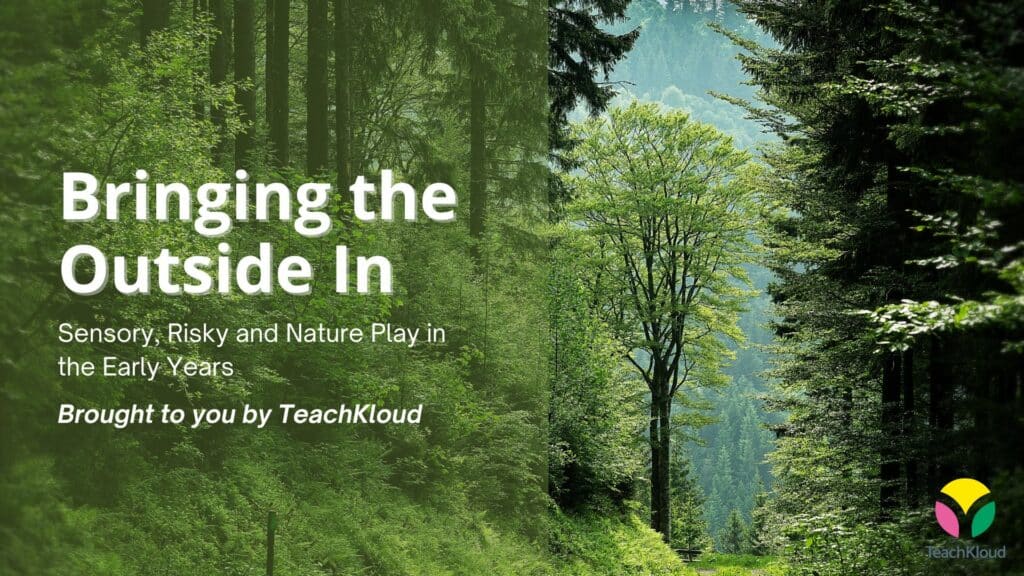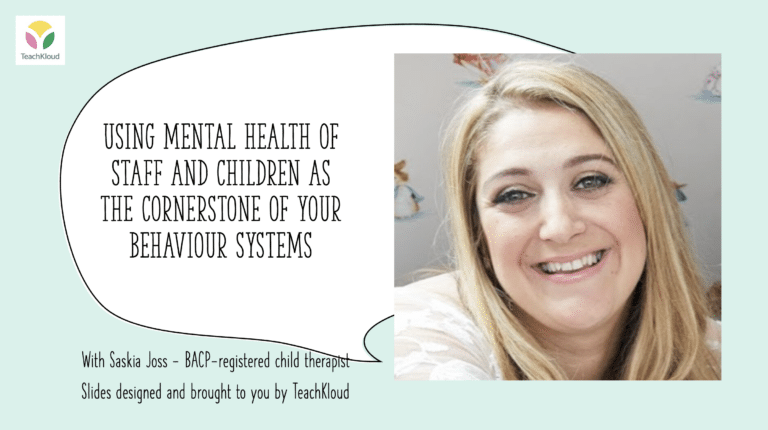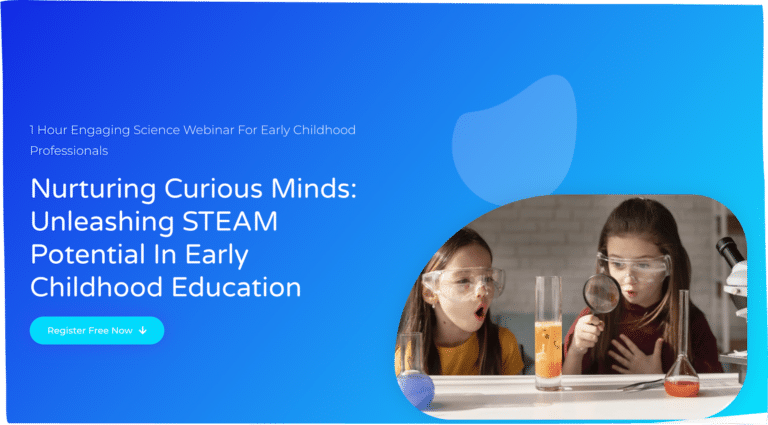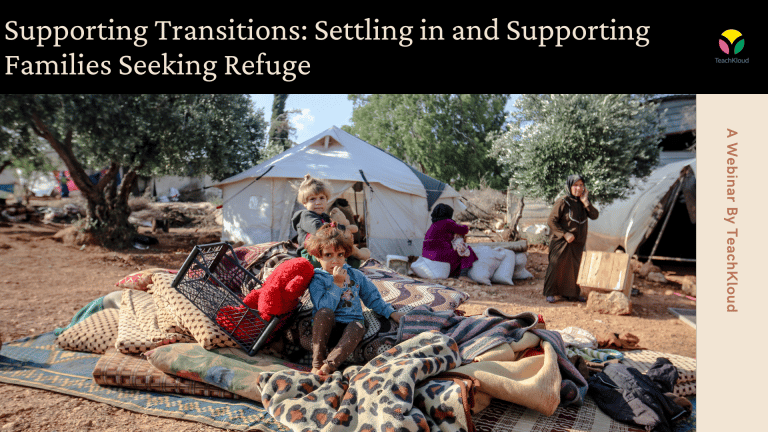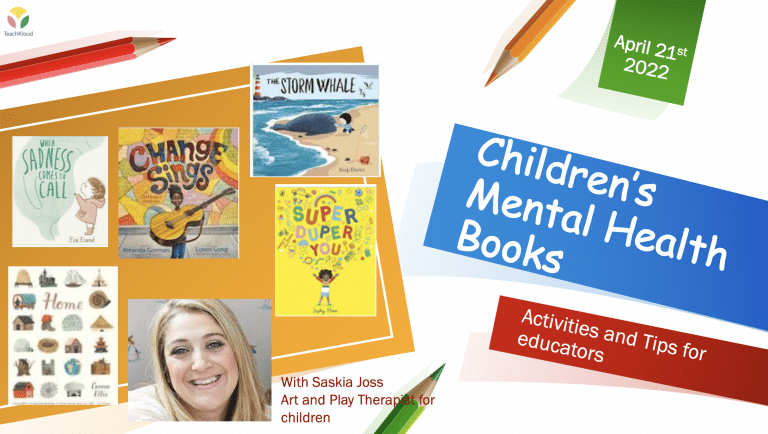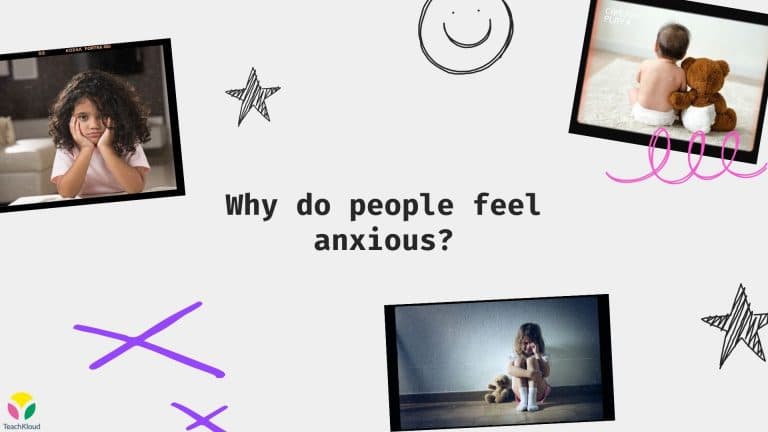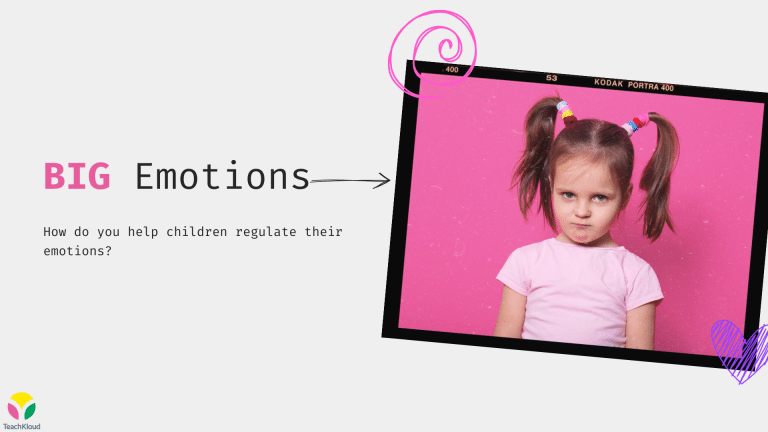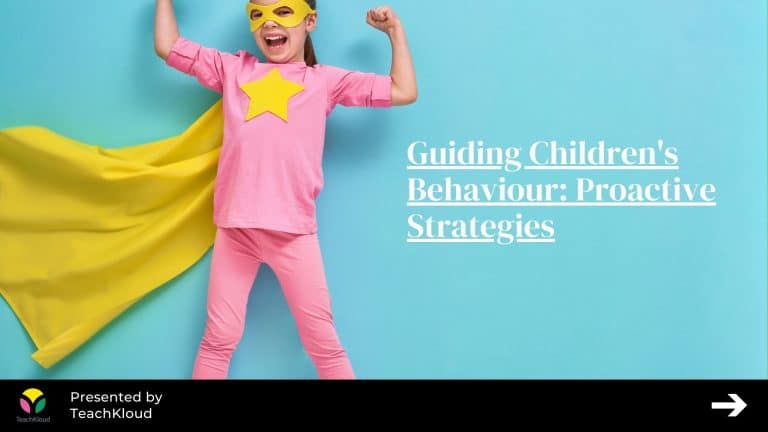Webinar Summary and Recording [scroll down for video]
- Topic: “Bringing the Outside In” – Integrating Nature, Sensory and Adventurous Play in Early Childhood Environments
- Hosted by: Dr. Wendy Oke of TeachKloud.
- Duration: Around an hour.
- Structure:
- 40 minutes (approx) of panel discussion with experts.
- Q+A / closing remarks (live webinar only)
- Who We Are – TeachKloud
- “TeachKloud” is a childcare management app with unique features, such as “Educator PAL” enables educators to create learning opportunities linked to specific curricula and policies in under 20 seconds.
- The TeachKloud app offers various features like parent communication, attendance, invoicing and accident forms. Learn more here.
- Additional Resources:
- Kloud Academy – E-learning platform for childcare professionals and parents.
- Expert Panelists [click on each speakers name to learn more about them]:
- Nicole Corbo founder of Roots & Sky Nature-Based Learning: A nature-based education consultant, with over 30 years of experience. Acknowledged that outdoor nature-based learning has been practiced by indigenous communities globally.
- Katie Minor: Mother of five with 16 years in early childhood education. Recently started a nature-based programme named, Wonderforest School.
- Key Discussion Points:
- The Importance of Creativity: Katie mentions the significance of being creative when it comes to teaching and learning. This emphasis on creativity is a recurring theme in the field of education and pedagogy.
- Nature-Based Learning in Washington: Nicole highlights that Washington has introduced licensure for outdoor, nature-based learning. This is a pivotal move, showing institutional recognition and support for nature-based education.
-
- Balancing Regulations with Nature-Based Learning: The idea is to know and understand the regulations governing childcare and education but also to understand that nature-based learning might sometimes challenge those regulations. Educators must find the balance between staying within legal boundaries and providing meaningful nature-based experiences.
- Using Nature as a Teaching Aid: Nicole brings up the example of the spider, showcasing how educators can use real-life examples from nature to educate students while also aligning with safety and regulatory requirements.
- Adjusting to Classroom Regulations: While nature provides raw, untouched materials, classrooms might sometimes require adjusted or ‘manipulated’ materials to meet safety regulations. Nicole emphasises the need for adaptability in this context.
- Shared Goals for Child Safety and Learning: Nicole reminds everyone that irrespective of their approach or perspective, the shared goal is the well-being and joyful learning of the child.
- Overthinking vs. Keeping It Simple: Katie suggests that educators shouldn’t overcomplicate things. The key is to have fun, let kids explore, and learn alongside them.
- Nature as the Primary Teacher: Nicole promotes the idea that nature can be the primary teacher, emphasising the value of nature-based education and encouraging educators to leverage the vast resources available in the nature-based learning movement.
- Confidence in One’s Abilities and Methods: Katie speaks to the importance of educators being confident in their expertise and methods, especially in the face of potential skepticism or opposition.
- Parental Concerns and Protective Stances: Wendy brings up a question about protective parents and the challenges they pose in implementing riskier, nature-based activities. Nicole and Katie suggest being transparent, having clear safety policies, and potentially introducing less physically risky but still meaningful activities (like using tools).
- Overall, the discussion underlines the evolving pedagogy of nature-based learning, the challenges posed by regulations and parental concerns, and the solutions educators can employ to create enriching, safe, and compliant learning environments.
